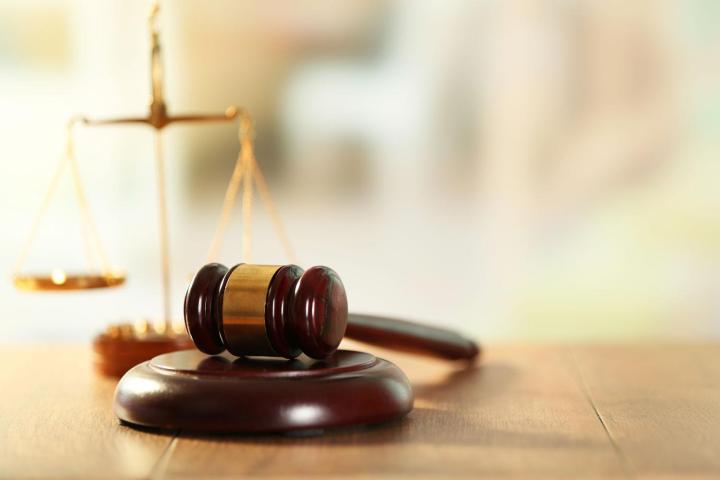
In the case, Virginia Judge James Cacheris ruled that when chairwoman of the Loudoun County Board of Supervisors Phyllis Randall blocked a user from her Facebook page, she violated the First Amendment. While a county official may have limited influence outside that area, the ruling could set a precedent for politicians using social media, including President Donald Trump, who is currently facing a lawsuit for blocking users on Twitter.
In the Virginia case, the user was blocked after accusing the school board of corruption. By blocking that user, the judge said that Randall was “suppressing critical commentary regarding elected officials,” which is a form of viewpoint discrimination, or suppressing opinions out of fear of retaliation.
Randall, who also deleted the offending comment, said she unblocked the user 12 hours later. She also argued that she did not use county resources to run the Facebook account. The results of the case, for Randall, doesn’t include any major form of punishment, but the federal ruling could set guidelines for how political figures can and cannot act on social media.
Social media’s role in politics has been in and out of the spotlight recently, thanks in part to Trump’s unconventional tweets, debating the medium’s role in the political conversation. Introduced earlier this summer, the Communications Over Various Feeds Electronically for Engagement (COVFEFE) Act, named after a typo later deleted from Trump’s Twitter account, seeks to make social media posts subject to the same preservation as the president’s official communications. If the act passes, deleting tweets from both the official presidential account as well as non-official accounts would be illegal.
Trump, along with former White House press secretary Sean Spicer and social media director Dan Scavino, is currently facing a lawsuit similar to the ruling in Virginia. A group of Twitter users blocked by the president claims that the block violates their First Amendment rights by excluding them from the discussion. The lawsuit calls @realDonaldTrump a “kind of digital town hall,” arguing that excluding members of the public for opposing viewpoints is unconstitutional.



